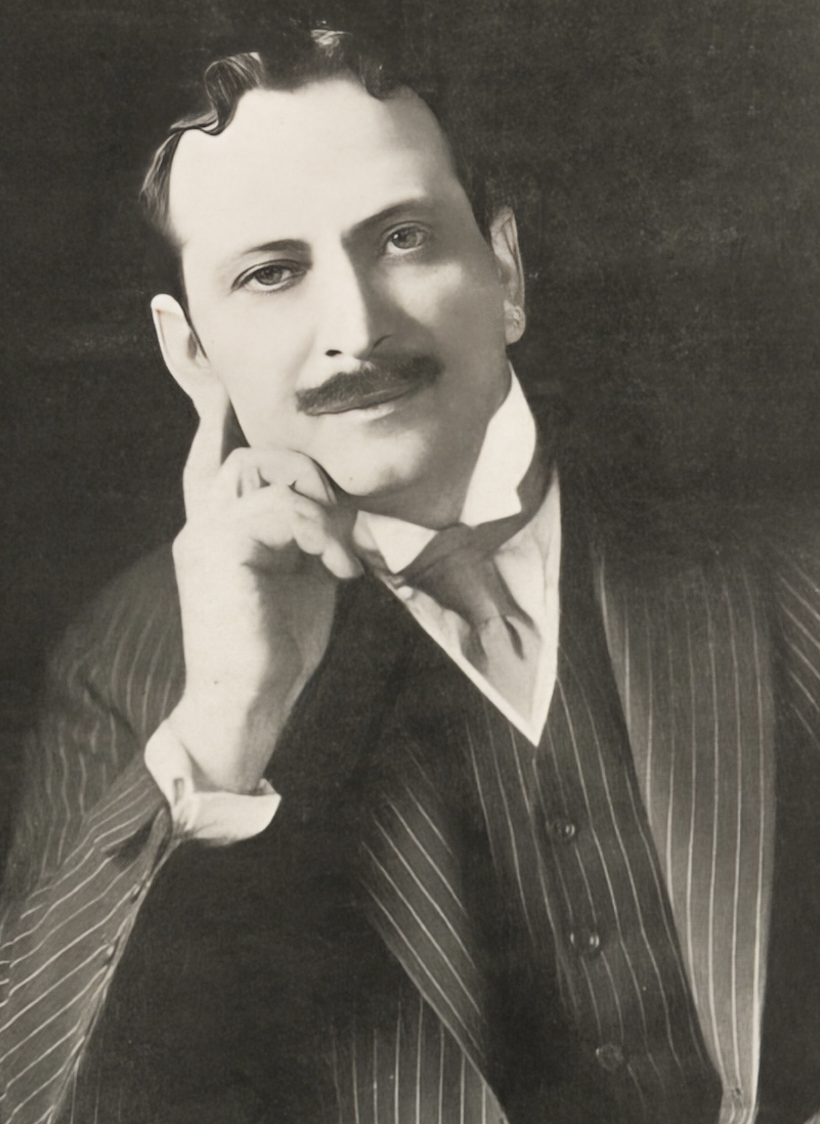Behind the Stripes: The Henri Bendel Legacy
In the dazzling world of high fashion, few names have carried as much allure and prestige as Henri Bendel. A new book, Henri Bendel and the Worlds He Fashioned, written by Tim Allis and set to be released on September 24th by the University of Louisiana at Lafayette Press, chronicles the brand’s—and the man’s—remarkable history.
The cover of Henri Bendel and the Worlds He Fashioned.
Henri Bendel, born to Jewish immigrant parents in Lafayette, Louisiana, in 1868, was a visionary with an innate sense of style. Raised primarily by his mother after his father’s early death, Bendel developed a passion for fashion during his time at St. Charles College, a Jesuit institution where he eventually converted to Christianity. Following his education, Bendel pursued a career as a milliner and eventually opened his own women’s clothing store in Morgan City. After a fire destroyed his first store, Bendel moved to Manhattan in 1895 with his wife, New York native Blanche Lehman. Despite his assumed homosexuality, which later became an open secret among his family members, Bendel and Lehman embarked on a new chapter in the city, where he opened his first shop in Greenwich Village. Tragically, just two years into their marriage, Lehman, who was pregnant at the time, suddenly passed away. This heartbreaking loss deeply affected Bendel, driving him to channel all his energy into his work, where his career truly began to flourish.
Henri Bendel (Illustrated Milliner, New York Public Library)
Bendel’s first shop in Greenwich Village quickly became a favorite among New York’s elite, including the Vanderbilts and Mrs. Astor’s 400. In 1907, he introduced the now-iconic brown-and-white striped boxes, solidifying his brand’s identity. By 1913, Bendel had acquired two townhouses on West 57th Street, transforming them into a luxurious women’s emporium that catered to the most refined tastes in fashion.
Throughout his career, Bendel was a trailblazer. He pioneered in-store fashion shows, clearance sales, created private-label perfumes, and was the first retailer to bring Chanel to America. His flagship store on 57th Street, which was then a residential block, earned the area the nickname “the Rue de la Paix of New York,” a nod to Paris’s famed street of couture ateliers.
As the 1920s roared in, Bendel was at the height of his influence, a key figure in New York’s fashion scene and a true tastemaker.
Bendel’s in the 1960s (Parsons School of Design)
After Bendel’s death in 1936, the store was passed down to his nephew and his life partners. In 1957, the company was acquired by Genesco and operated under the direction of Geraldine Stutz, who led it through a period of innovation and growth. The final chapter began in 1985 when The Limited, Inc. took over, eventually moving the flagship store to 712 and 714 Fifth Avenue—the former Rizzoli bookstore and the old Coty Building —in 1991. Under The Limited, the focus shifted towards a younger, more commercial audience, marking a departure from the luxury heritage that had defined the brand for decades.
This period led to a gradual decline in the brand’s identity. Stutz, reflecting on the changes to Women’s Wear Daily in 1996, lamented the loss of the store’s character, noting that the over-expansion diluted Bendel’s uniqueness. What was once a symbol of high fashion became just another player in a crowded market, struggling to maintain its relevance.
“Shop-Happy Bendel Girls” by French-born illustrator Izak Zenou.
The final chapter of Henri Bendel’s story unfolded in 2018, when The Limited announced the closure of all Bendel stores, including the Fifth Avenue flagship. It marked the end of an era for a brand that had once epitomized luxury retail. Henri Bendel and the Worlds He Fashioned serves as a reminder of the brand’s rich history—from its bustles-and-corsets era to the days of furs and flappers, and the tailored chic of the 1930s—offering a glimpse into a world where style, not just fashion, reigned supreme. “The unlikely, lively epic of how a gay, Jewish, small-town Southerner became Manhattan’s reigning taste arbiter, [the book] is a tour de force. Allis offers up a treasury of fascinating new material that challenges received ideas about luxury consumption in America,” said fashion historian Amy Fine Collins. Though Henri Bendel’s doors have closed, the legacy of this iconic brand lives on in the memories of those who experienced its elegance and through those who continue to tell its story.




